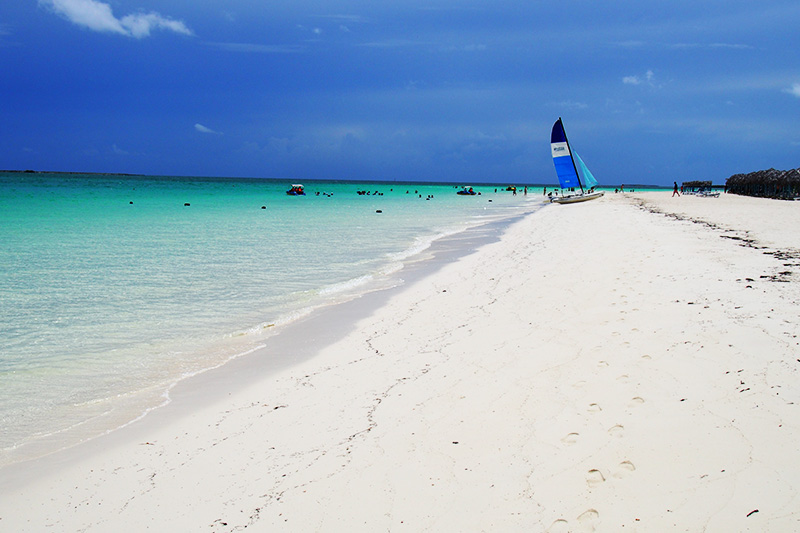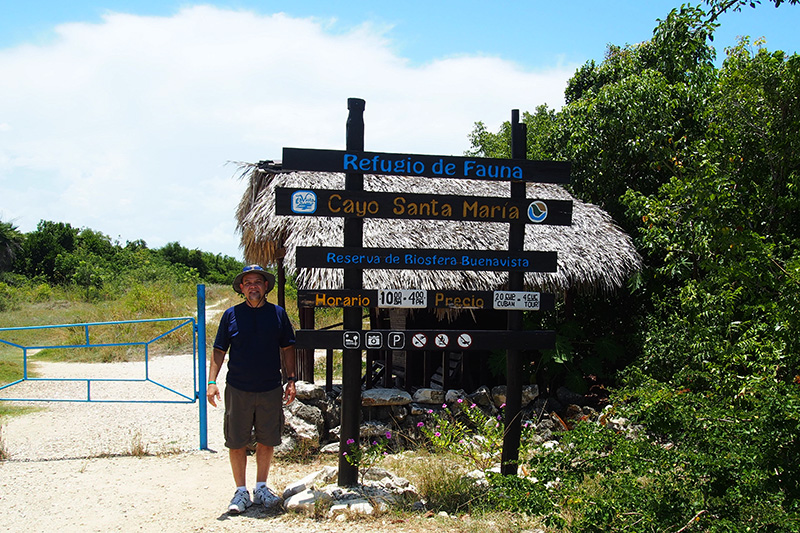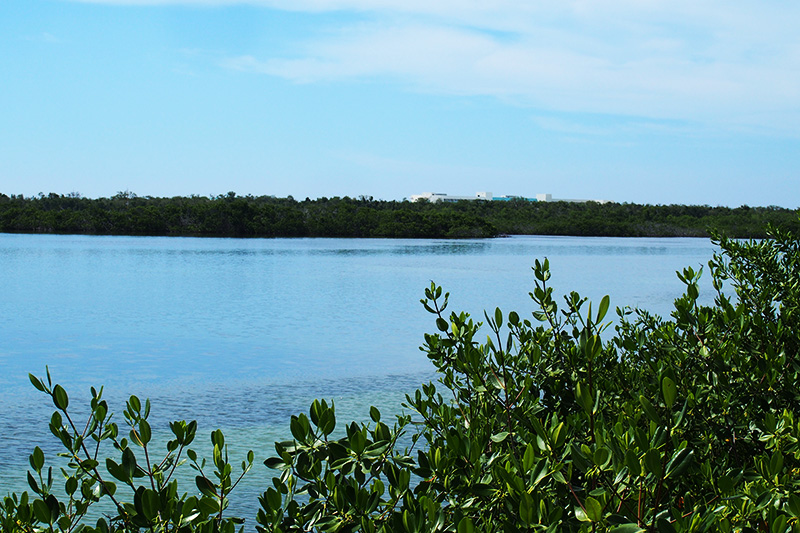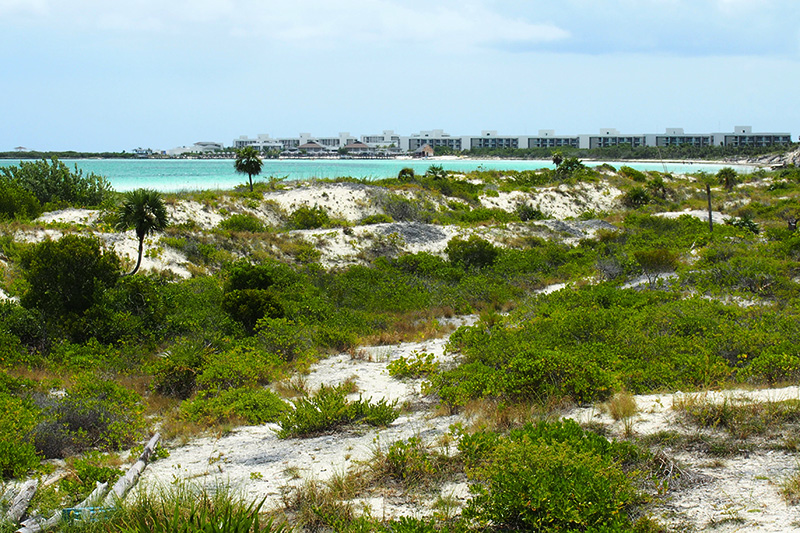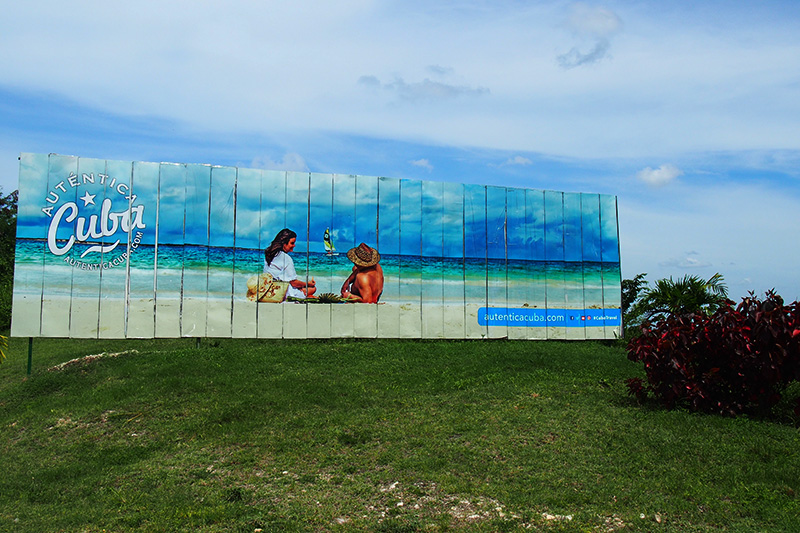- Apply
- Visit
- Request Info
- Give
Pérez studies Cuba tourism with Wesleyan fellowship
Anthropolgy professor's research investigates environmental impact
Written by Noel Teter '24
Published on March 25, 2025
Eastern anthropology Professor Ricardo Pérez is spending the spring 2025 semester as a visiting research fellow in the Center for the Humanities at Wesleyan University. He is working on a book manuscript, tentatively titled “Authentically Global: Cuban Culture and Economy in the Age of Mass Tourism.”
Pérez’s manuscript is an ethnographic monograph, a book written by one person that offers a comprehensive examination of a single cultural group. Pérez conducted fieldwork in Havana and Jardines del Rey, Cuba, where several major tourism development projects are underway. He will not finish the manuscript this semester but expects to make significant progress.
The manuscript focuses on the impact of tourism on ecosystems in Jardines del Rey. “There are important ecosystems such as mangroves, sandy beaches, and sand dunes threatened by the rapid expansion of the tourism industry,” he said. Pérez most recently visited Cuba in 2019, prior to the COVID-19 pandemic.
“I seek to understand the economic and environmental impacts of tourism development in the area and focus on the official policies by the Cuban government to promote economic development and natural resources conservation.”
He continued: “I have documented the development of international tourism in three offshore keys where some of the most important tourism development projects have occurred: Cayo Coco, Cayo Guillermo, and Cayo Santa María.”
Pérez found encouraging signs in his fieldwork. “My research shows that the tourism development projects in those keys have been carried out with proper consideration of their potential environmental hazard and their negative impacts ameliorated by the careful implementation of environmental assessment policies,” he said.
“One of my main arguments thus is that Cuba could become a model of sustainable tourism for other Caribbean islands that also rely on tourism development as a main economic strategy.”
Pérez learned about this fellowship opportunity through art history Professor Maeve Doyle, who was a visiting fellow at Wesleyan’s Center for the Humanities in spring 2023. In addition to developing the manuscript, Perez is attending weekly lectures and colloquia of the Center for the Humanities, sharing his research and taking enriching opportunities to learn from other faculty members.
“The presentations deal with a range of topics related to energy production, natural resource extraction, and economic and environmental sustainability — topics that I am interested in and relate to my research project in Cuba,” he said.
“I hope that my semester at Wesleyan University helps me advance the writing of my book manuscript. … Additionally, by incorporating new ideas, perspectives, and insights from the colloquia, I hope to polish my analysis of international tourism development in Cuba.”



